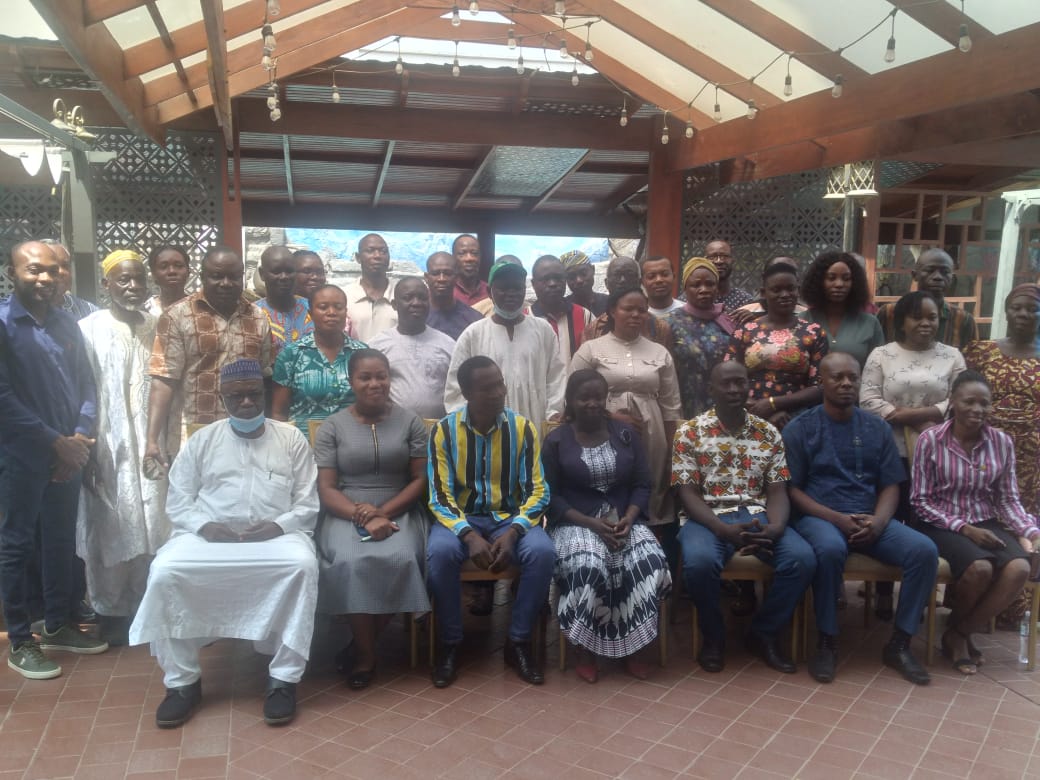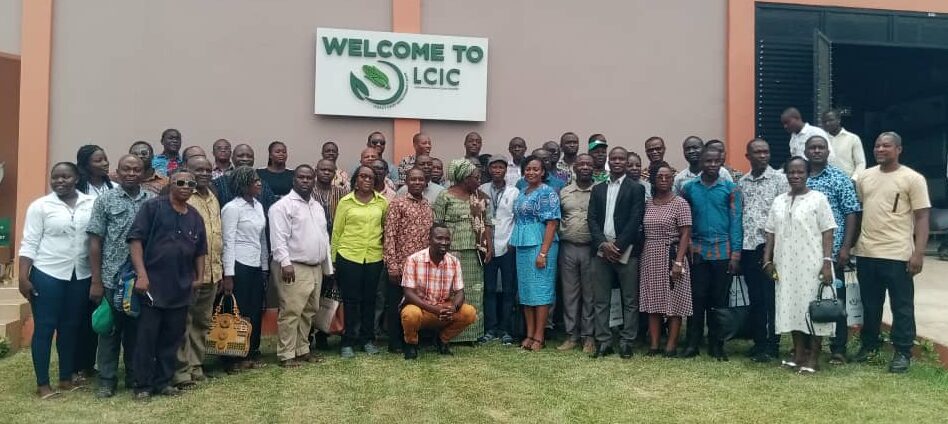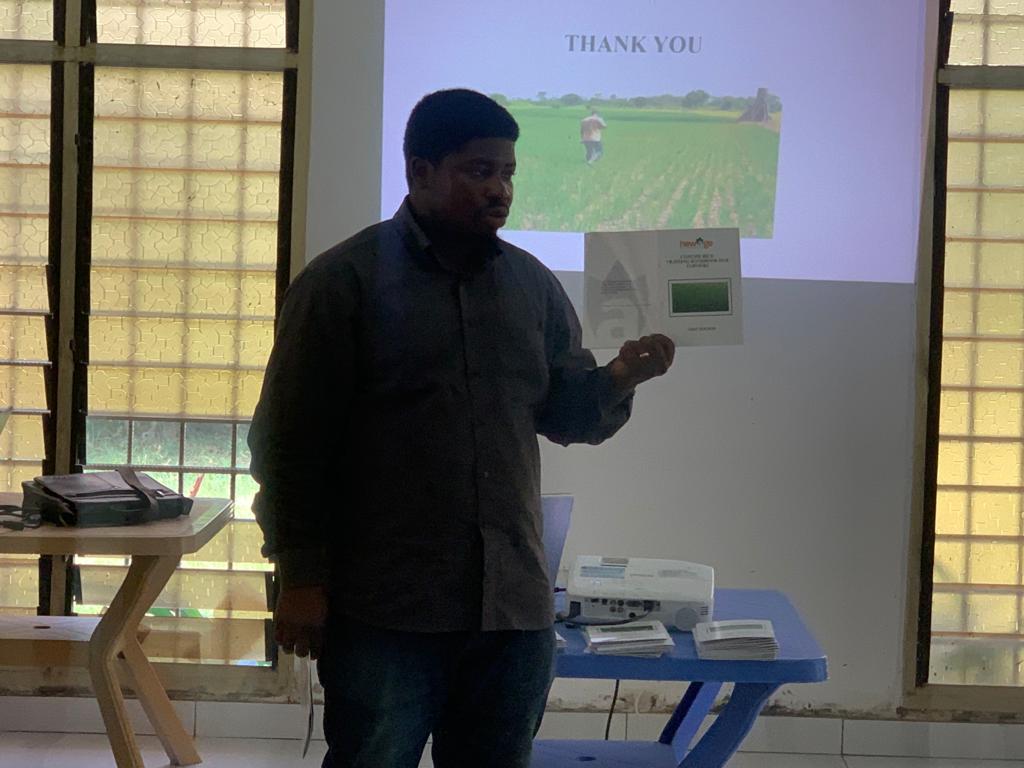
The Peasant Farmers Association of Ghana (PFAG) is calling on the government to create an enabling environment for production and uptake of quality seeds in support of the government’s “Planting for Food and Jobs” (PFJ) programme.
This was made known at a sensitisation workshop organised in Techiman on Friday, April 27, 2018.
The workshop which was attended by seed growers, farmers, representatives from Ministry of Food & Agriculture (MoFA) and input dealers, forms part of funding support from the Alliance for Green Revolution in Africa (AGRA) to ensure farmers access to quality inputs.
The farmers’ association noted that there is low access and utilisation of high-quality seeds by smallholder farmers especially women in Ghana leading to low crop yields and low profit in farming.
PFAG’s 2017 research report on seeds reveals that 84% of farmers in Ghana depends on grains leading to low yields and high level of poverty among them.
The association attributed the low uptake to low capacity of local seed producers; problems in the seed value chain and lack of information on the part of farmers on the benefit of investing in quality seeds. In addition, high cost of producing seeds is limiting private sector participation in seed production as a profitable venture.
According to Bismark Owusu Tetteh, Programme Officer at PFAG who made a research presentation on farmers’ access to quality inputs, indicated that farmers’ access to quality seeds, limited public investment in infrastructure and poor seed policies were some of the reasons accounting for weak private sector participation in the seed value chain activities.
He added that relying on the importation of seeds by the government for the Planting for Food and Jobs programme in 2017 affected the output due to the incompatibility of imported seeds to the local environment. He also linked the Fall Army Worm invasion in Ghana to the advent of imported seeds.
Owusu Tetteh praised government for taking bold steps to increase investment under the PFJ. He, however, cautioned that government needs to do proper evaluation to ensure there is value for money in all the agricultural investments.
On his part, Mr Abdulai Mugis who is also an agronomist and a seed producers said that “in as much as government looks at imported seeds, the country must not neglect the local seed growers and farmers who need more help and support to increase their productivity. It is high time, government turned its attention to creating enabling environment for local production to thrive.” He is also of the view that, government’s failure to create the necessary condition to build the capacity of local seed producers to enable them produce to meet the local demand is worrying.
At the District Department of Agriculture, it was realized that, there is no specific resources allocated for research scientists to come up with new innovations on improved local seeds.
According to the association, the present situation of relying on foreign seeds thereby crowding out local producers is a threat to food production.
Adwoa Manu is a 39 year old maize, pepper and cassava farmer in Adiesu, a suburb of Techiman. She complained of the delay of seed supply during the last farming season under the PFJ. According to her, the seeds did not do well on her farms. “The Fall Army worms attacked my maize and destroyed about 4 acres of my farm. The maize seeds they brought to us, did not do well on our soil. We want government to quickly establish the One District One Dam so that we will be able to get water to continue to grow our own seeds. It is better than the one they supplied to us.”
Duncan Amoah, PFAG representative in Volta Region who is also a member of National Seed Trade Association of Ghana (NASTAG), projected increased certified seed production by 40% if research efforts were boosted.
Read Full Story




















Facebook
Twitter
Pinterest
Instagram
Google+
YouTube
LinkedIn
RSS